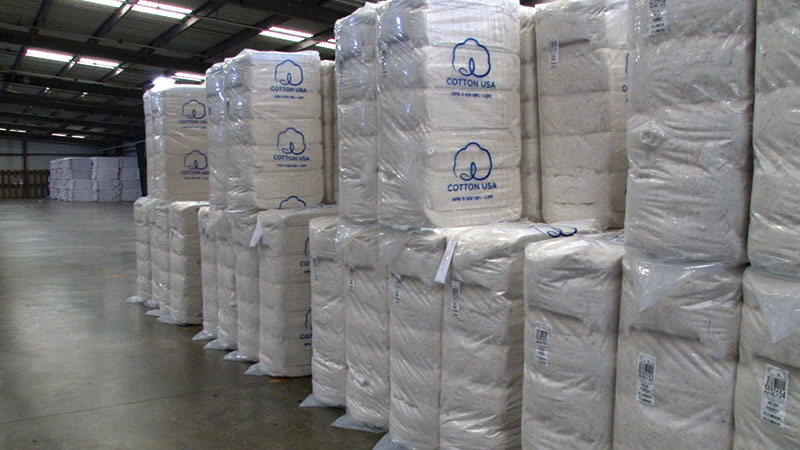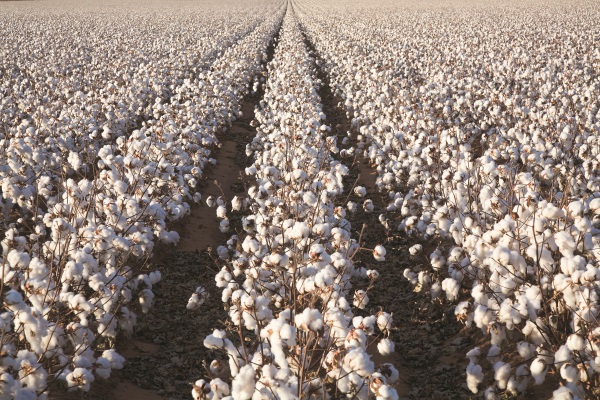ICA Releases Position Statement on India Export Ban
In light of India’s second cotton export ban, the International Cotton Association (ICA) – the cotton industry’s leading arbitral body – has issued the following statement on its position:
“The International Cotton Association (ICA) has expressed dismay at the Indian Government’s decision to put in place another unilateral cotton export ban. As the second largest producer and consumer of cotton in the world, with a world market share of approximately 20% and one of the largest exporters of global cotton, ICA believes that India’s actions will have serious consequences and a major, detrimental impact on world cotton trade.
“The core principle of the ICA is to promote a safe trading environment so that contract sanctity may be preserved; essential to having a sound and sustainable cotton trade. The ICA’s Bylaws & Rules are used by the vast majority of cotton firms trading Indian cotton. The 2010 announcement by the Ministry of Textiles to suspend the registration of export contracts led to numerous arbitrations at the ICA, as many firms, including a large number of Indian firms, were unable to perform their contracts.
“The ramifications of the 2010 ban led to a huge disruption of trade, with many firms paying large sums of money as a consequence of arbitration awards against them. Those that did not pay found themselves on the ICA and CICCA (Committee for International Cooperation between Cotton Associations) default lists, resulting in damaged reputation and the collapse of business relationships and trading opportunities. The ban was also a key element in the extraordinary rise in world cotton prices reaching unprecedented historical heights.
“The ICA believes that the current ban will produce the same results and, once again, undermine India as a reliable trading partner. Already the current ban has sparked a limit-up move in New York Futures cotton prices. Although it is too soon to know the ultimate movement of prices, we know that the volatility of prices results in business disruption, contract disputes, arbitration processes and defaults.”









